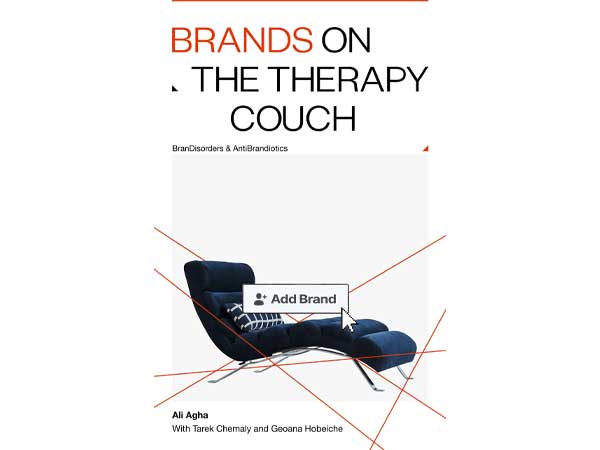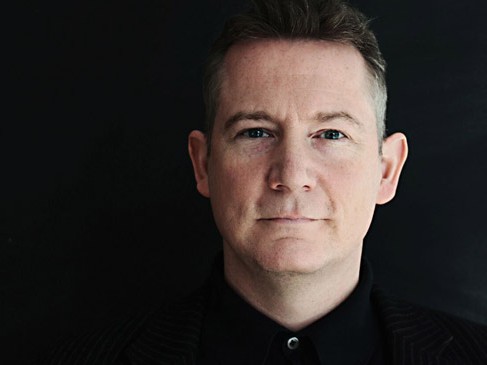Industry Talk - Free Talk
Why Leaders Should Be Readers (and my top picks from 2019 as a bonus)
by Peter Corijn
February 14, 2020
.jpg) Advertisement
Advertisement
1. It gives extra experience at zero risk.
Nobody put it better than General (ret.) Mattis, in his autobiography “Call Sign Chaos”. He led the US Marines and was Secretary of Defence in the US government:
“If you haven’t read hundreds of books, you are functionally illiterate, and you will be incompetent, because your personal experiences alone aren’t broad enough to sustain you. Any commander who claims he is “too busy to read” is going to fill body bags with his troops as he learns the hard way. Reading sheds light on the hard road ahead.”
Indeed, you can read in a week what took a given author 30 years of experience, blood, sweat and tears to learn.
Define an expert! Most people answer: “somebody who knows everything about a given topic”. No, an expert is somebody who knows more than you. I’m willing to wager that if you read 10 books on a certain business topic, you will already know more than many of your competitors. That knowledge can help you and your team succeed.
2. It provides “range”.
Increasingly, there is evidence that generalists do better than specialists in areas that are unpredictable and complex (as business is). They are more creative, more agile, and able to make connections their more specialized peers can’t see.
Anything can provide inspiration, a book on Darwinism, on ancient Sparta, or a detective story. Creativity is about making new connections between knowledge blocks that spark insight. So, the more knowledge blocks one has, the higher the chances of getting the insight.
The ancient Greek poet Achilochus of Paros said: “The fox knows many things, but the hedgehog knows one big thing”. In today’s VUCA world, better to know many things.
3. Books - and magazine articles (e.g. ArabAd) - are superior tools to provide insight.
The written word demands reflection, the development of a convincing case or plot, the presentation of evidence, verifiable data, a degree of logic, the perspective of time. As such is it very different from some media that thrive on soundbites and emotion.
Facebook, Instagram and - and all too often - TV just throw ephemeral snippets around. These media are mostly designed to entertain, not to instruct.
4. Know your classics.
Some dismiss the classical canon as “dead white males”. How mistaken they are! The classics are classic because successive generations have found inspiration and consolation in them.
In the Strategy course, Yale Professor and Pulitzer Prize winner John Lewis Gaddis insists students read classics such as Tolstoy’s “War & Peace”, Machiavelli’s “The Prince” (Stalin’s favourite by the way…) and Clausewitz “On War”. Rightly so!
The classics are also often fabulously well written, full of incredible adventures. Ultimately, it’s the story of humanity. You will discover that people in the past struggled with many of the same questions as us. They dealt with love and heartbreak, victory and defeat, humiliation and glory, envy, ambition, choices, strategy, how to motivate others, how to convince reluctant stakeholders that change is required and how to find allies.
One Harvard student once exclaimed: “All history is bunk” to which the professor answered: “No, it’s called civilization”.
5. You will never be bored again.
A delay of the plane is no issue when you have a great book at hand. If your partner takes more time to get ready for a party, don’t get upset! Grab that book and dive into an adventure!
The pocketbook has endured because it is light, portable and dirt cheap. For 10 dollars you can get access to some of the best thinking humanity has ever produced.
All it takes is for you TO READ it!
My top 10 suggestions from 2019:
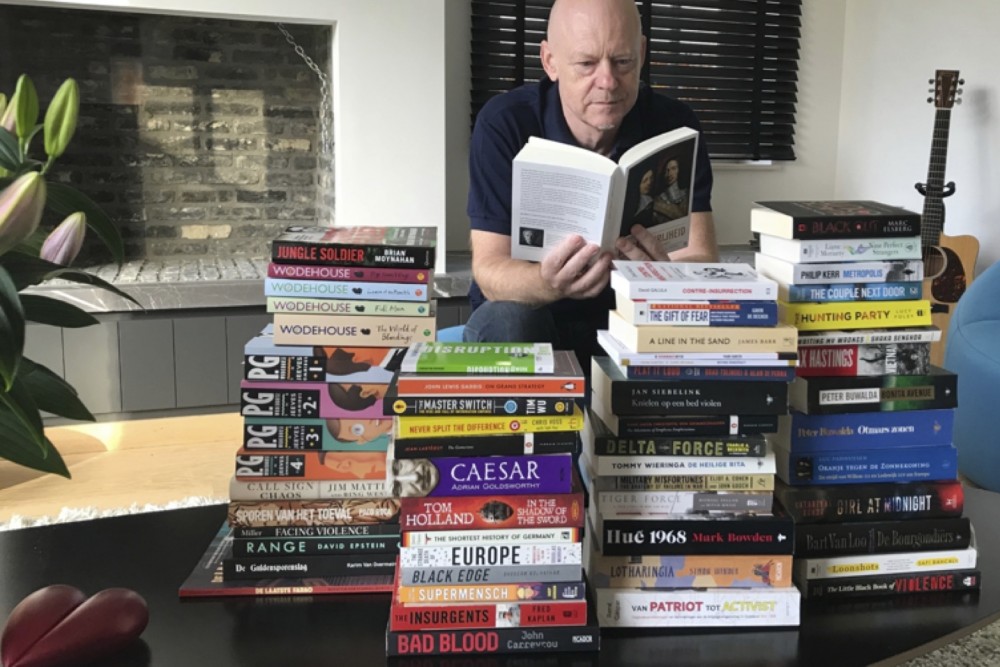
BUSINESS:
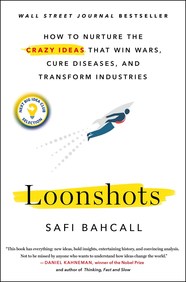
“Loonshots: how to nurture the crazy ideas that win wars, cure diseases, and transform industries” by Safi Bahcall. Mr. Bahcall convincingly demonstrates that the key to successful innovation.
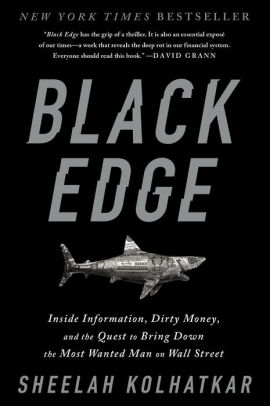
“Black Edge: inside information, dirty money, and the quest to bring down the most wanted man on Wall Street” by Sheelah Kolhatkar. It reads like a thriller, except that it is all true.
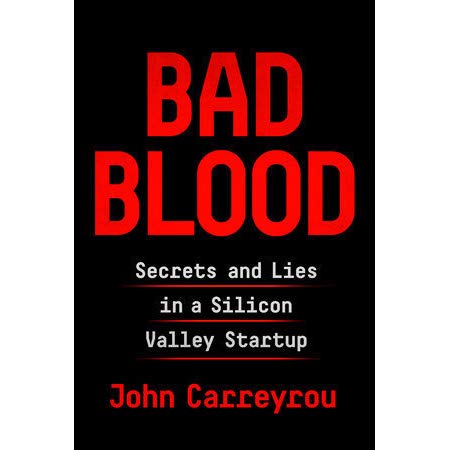
“Bad Blood: secrets and lies in a Silicon Valley start-up” by John Carreyrou. Superb reporting on the rise and fall of Theranos, the multibillion dollar biotech start-up. It’s all there: lies, corporate greed, egomania. Absolutely riveting! Winner of the McKinsey’s business book of the year award.
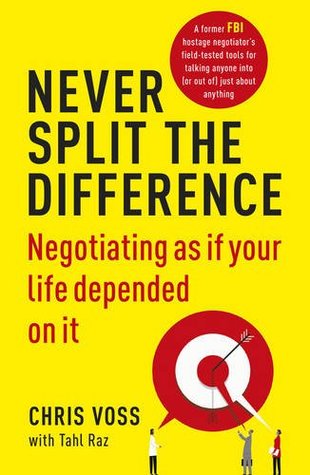
“Never Split the Difference: negotiating as if your life depended on it” by Chris Voss. This is a book one does not want anybody else to read!!! The tools are so powerful. A top FBI negotiator shares all his proven tools to get the deal you want.
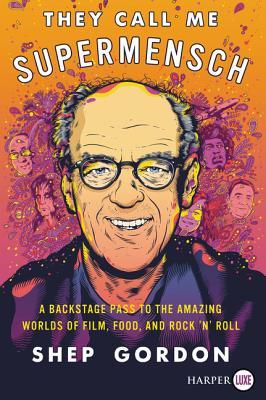
“They Call Me Supermensch: a backstage pass to the amazing worlds of film, food and rock’n’ roll” by Shep Gordon. A hilarious, yet insightful, autobiography of one of the most successful talent managers. Full of stories that prove yet again that reality always beats fiction. Here’s a case study for you: you manage rock band Alice Cooper. Your strategy: if parents hate Alice, then kids will love him. How to get there? (legally!)
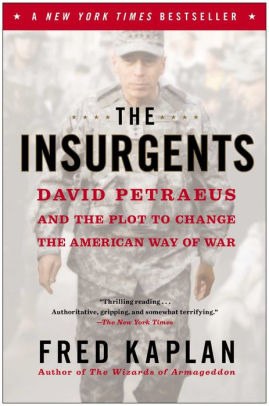
“The Insurgents. David Petraeus and the plot to change the American way of war” by Fred Kaplan. An intellectual thriller. Ultimately, it’s a book about change and how to get transformation in the face of adversity.
HISTORY:
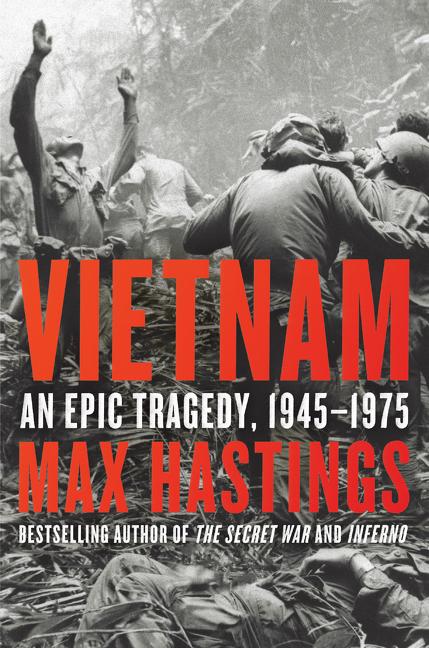
“Vietnam: an epic tale of a tragic war” by Max Hastings. It’s a masterpiece: a balanced account, which manages to both paint the big picture and the personal tragedy of all those who were in it. It has top level analysis combined with testimony and anecdotes from participants. My top pick of 2019.
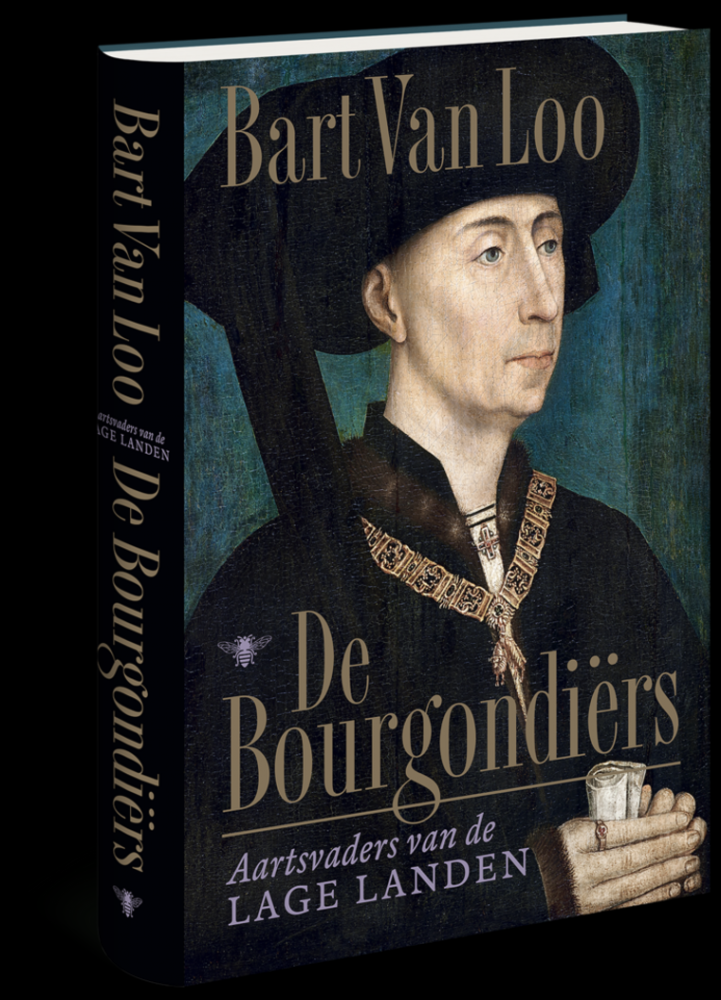
“De Bourgondiërs” by Bart van Loo. Regretfully, so far only available in Dutch. It covers the 15th when Flanders was ruled by the Dukes of Burgundy. It’s a fabulous narrative history of what was then (and now!) one of the world’s great cultural centres and the very epicentre of the Northern Renaissance.
Do come to visit Flanders and discover its magnificent art cities: Bruges, Ghent, Antwerp and Leuven (the food and beer are great too!).
FICTION:
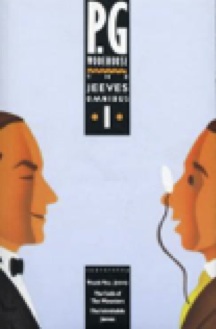
P.G. Wodehouse. When the soul is weary, nothing beats this exquisite comic writing to rekindle the spirit. Mr. Wodehouse created two worlds. One is that of butler Jeeves. Jeeves always has to think up clever schemes to get his employer Bertie Wooster out of scrapes. Another is the world of Blandings’ castle, populated with wonderful characters such as the Earl of Elmworth (who’s only true passion in life is the care of his fat pig). Utterly delightful. A comic genius.
THRILLERS:
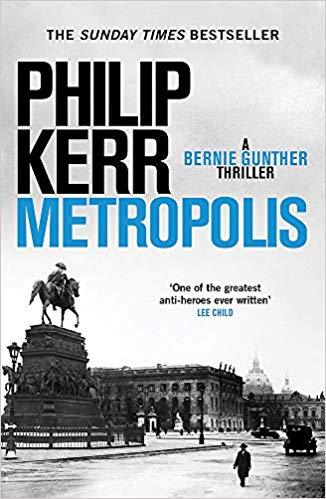
“Metropolis” by Philip Kerr. The 14th and final adventure of that fictional investigator without parallel: Bernie Gunther. Sadly, this is the last episode since Mr. Kerr passed away. Most of the novels are set in the madness of Nazi Germany. Great plots, witty dialogue with more than a touch of sarcasm, fast paced and actually very well researched. Highbrow stuff? Arguably not. Fabulously entertaining? Yes!
*Peter Corijn, is the CEO of VUCASTAR, a consultancy focused on Enabling Mission Success, even when the going gets tough.


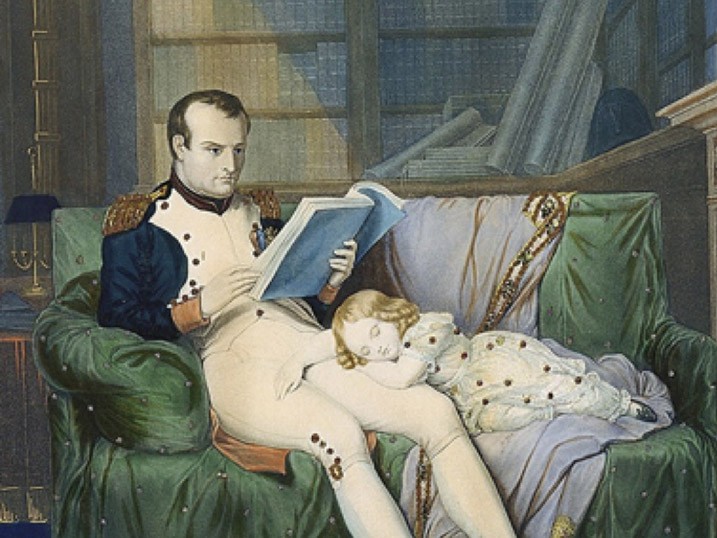
.jpg)
